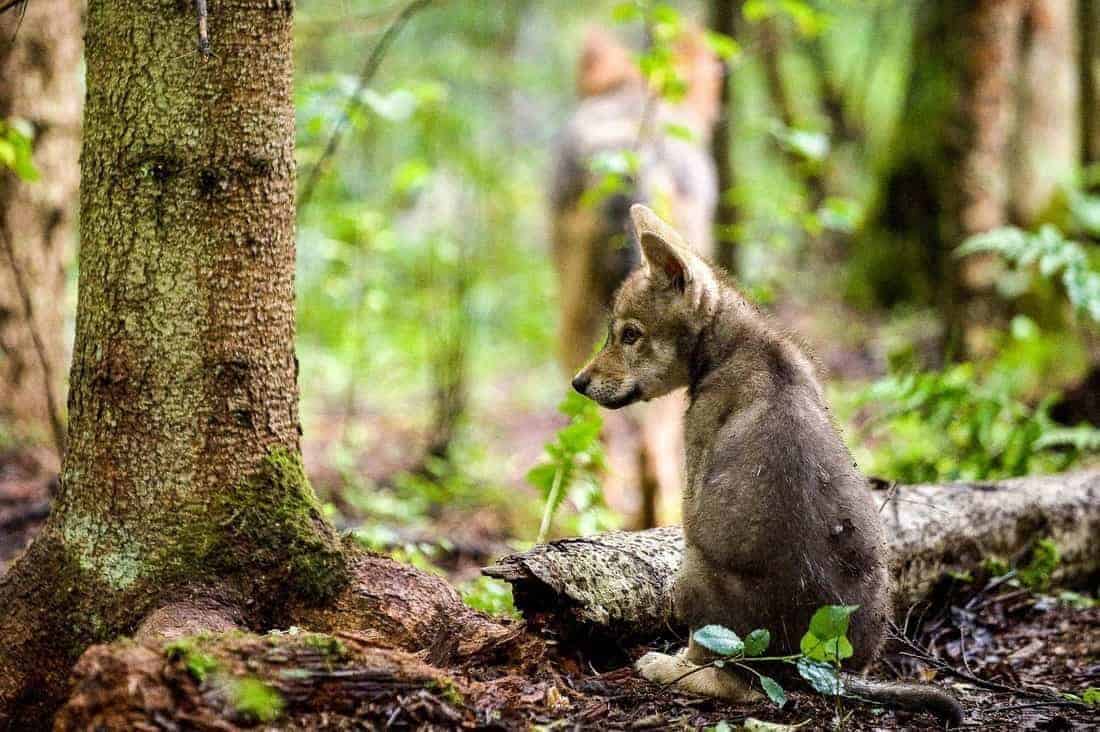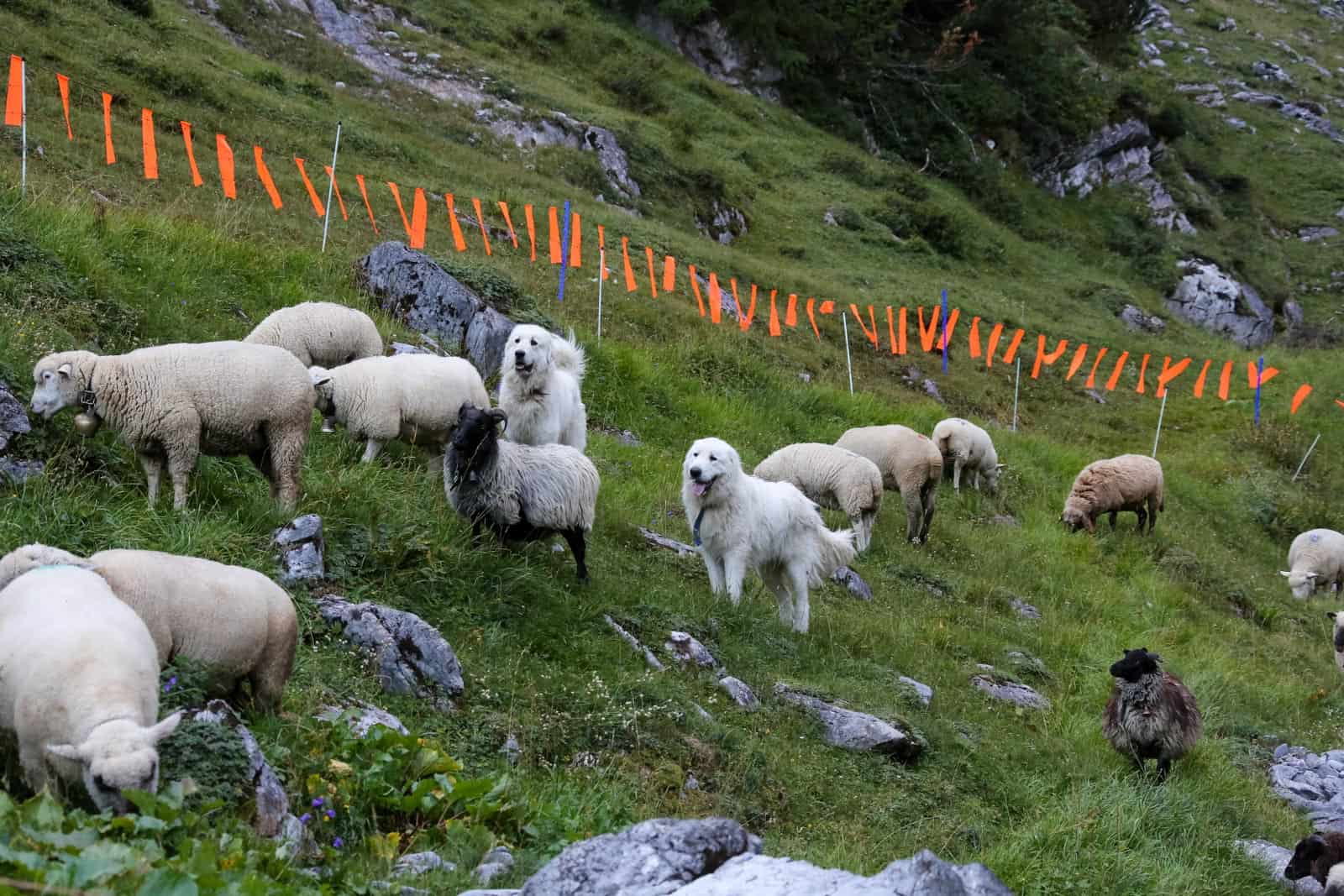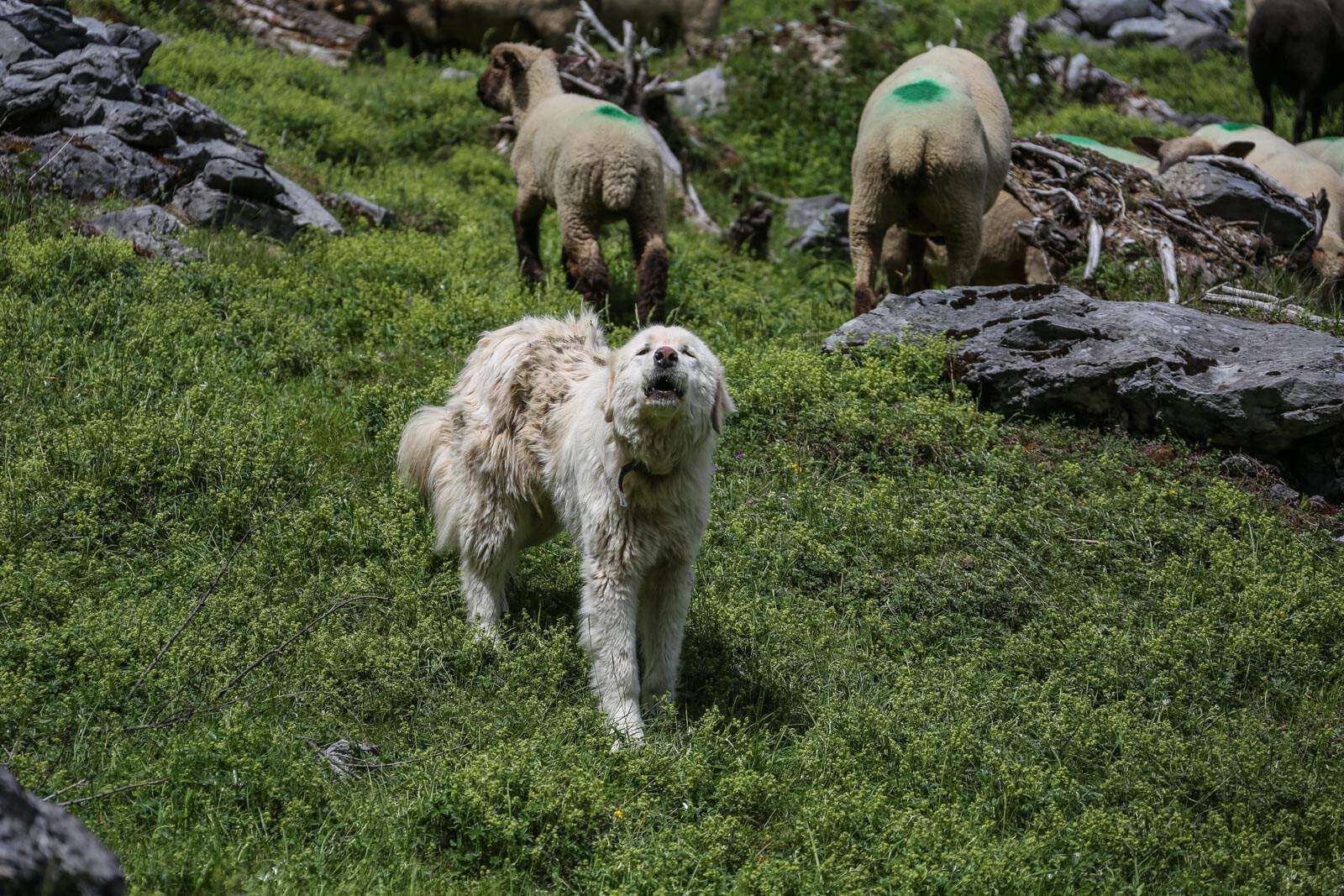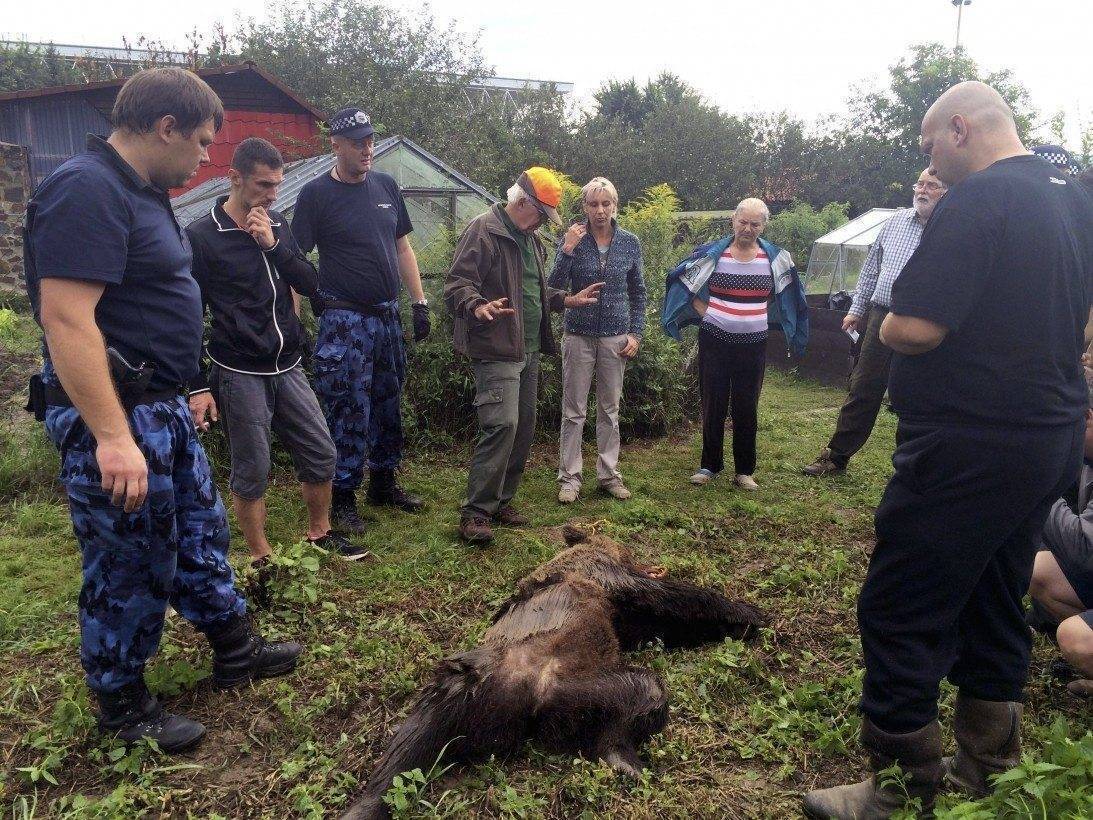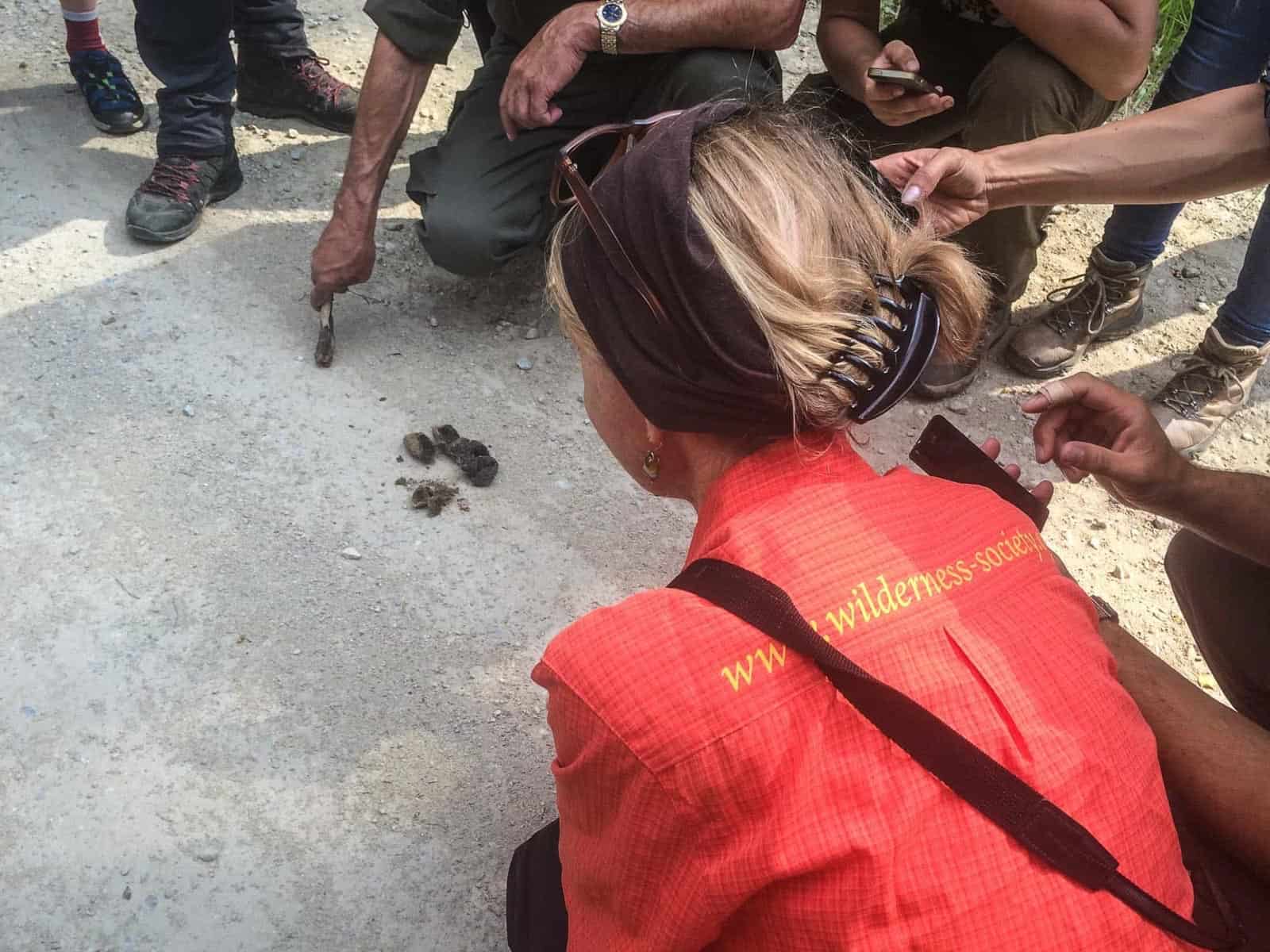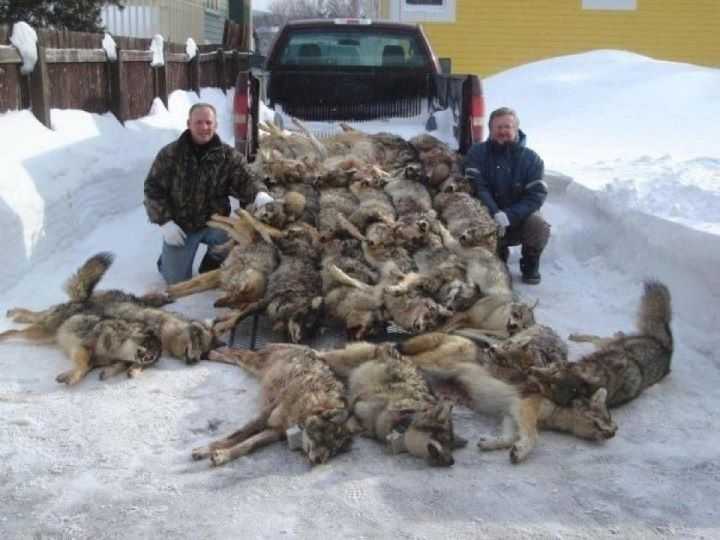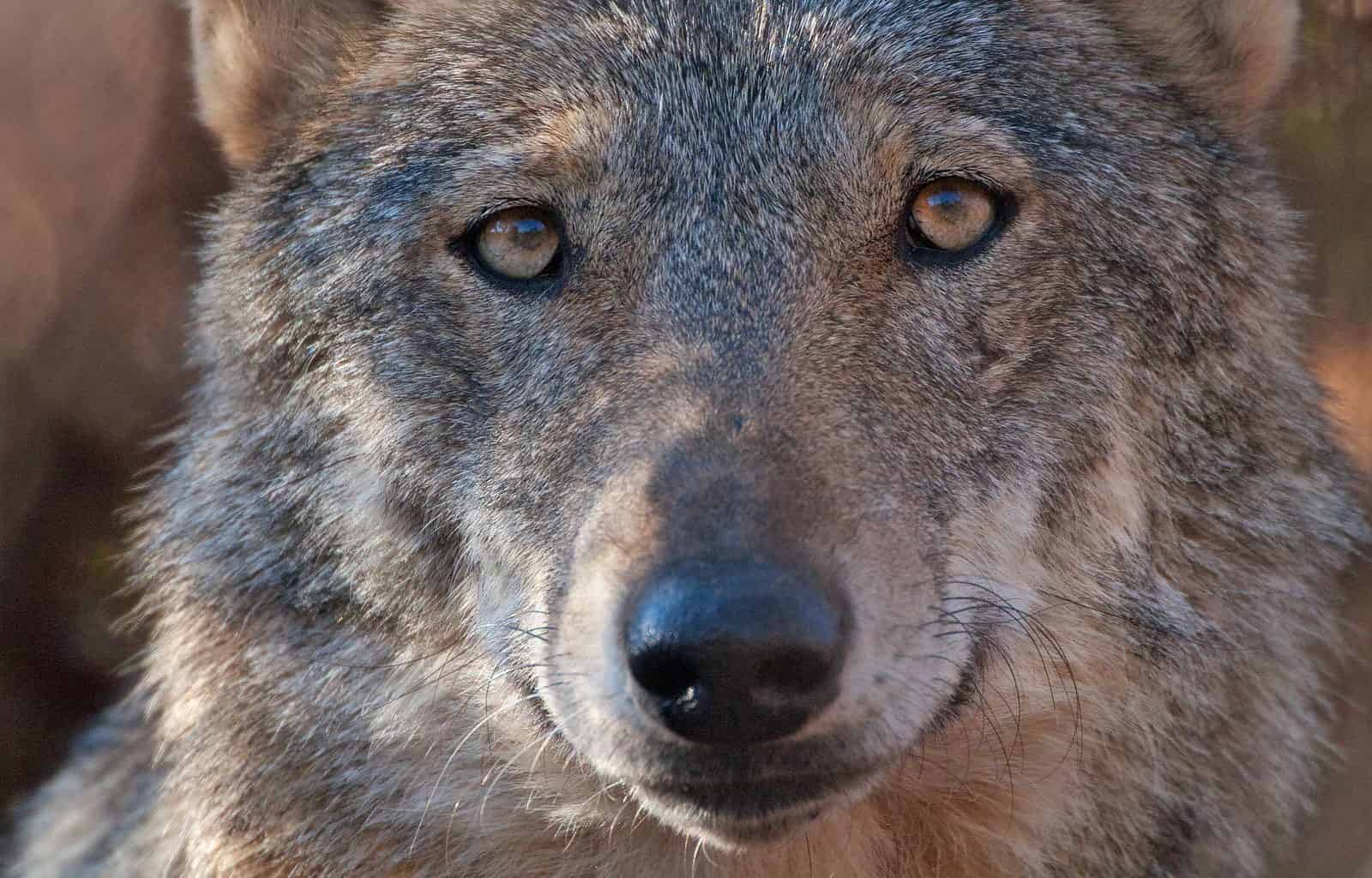NGOs win appeal: Wolf in Salzburg safe
After an appeal from WWF Austria and the Naturschutzbund Austria, it was decided that approval given for shooting a wolf in Großartal was illegal. On the 14th December 2020, the State Administrative Court of Salzburg declared that the permit given for the shooting of a wolf issued by the local authorities in Pongau did not stand up to legal challenge.
Please also read: Is Austria prepared for the comeback of the wolf?
Wolf passing through Salzburg
The wolf in question first attracted attention in Großarl, Salzburg during the summer of 2019. In June and July 2019, the wolf killed 24 sheep. Furthermore, it injured many others and that triggered the agricultural community in the area to apply to the authorities for the removal of the said wolf. As a result of this application, the local authorities in St. Johann im Pongau granted a permit in June 2020 for the shooting of the wolf. The authorities set the validity of this permit till the end of 2020.
However, an appeal from environmental organisations, including WWF Austria and the Naturschutzbund Austria, led to this permit’s withdrawal. The appeal went through a month-long process that eventually reached the State Administrative Court in Salzburg. Here, the judges upheld the appeal.
Grounds for permit invalidation
Despite the wolf being detected multiple times in the Pongau district during the summer of 2019, it was last spotted here on the 1st of January 2020. The next sighting took place in March in Tyrol. As the wolf is a strictly protected species under the EU’s Habitats Directive, people can only shoot it if such an action prevents serious damage. Based on the wolf’s lack of detected presence in the Pongau area since early January, the court decided that the permit, granted in June 2020, was illegal. The wolf was no longer causing any damage in the area and had not been spotted since the permit’s issuing. Therefore, judges concluded that the provision to grant an exemption under the Habitats Directive was not applicable in this case.
The court gave more reasons for revoking the hunting permit. A procedural error resulted in granting the permit to the hunters as opposed to the agricultural community. Additionally, the court also judged that it could not be guaranteed that the wolf, which the hunters were going after, would be the wolf that was spotted multiple times in Großarl, Salzburg during the summer of 2019. As the permit only gave permission to hunters to kill a specific wolf, the court believed that the risk of killing another wolf was too high. If this was to happen, it would contravene the Habitats Directive. The primary reason behind this is the difficulty in determining whether the hunters would not accidentally kill another wolf.
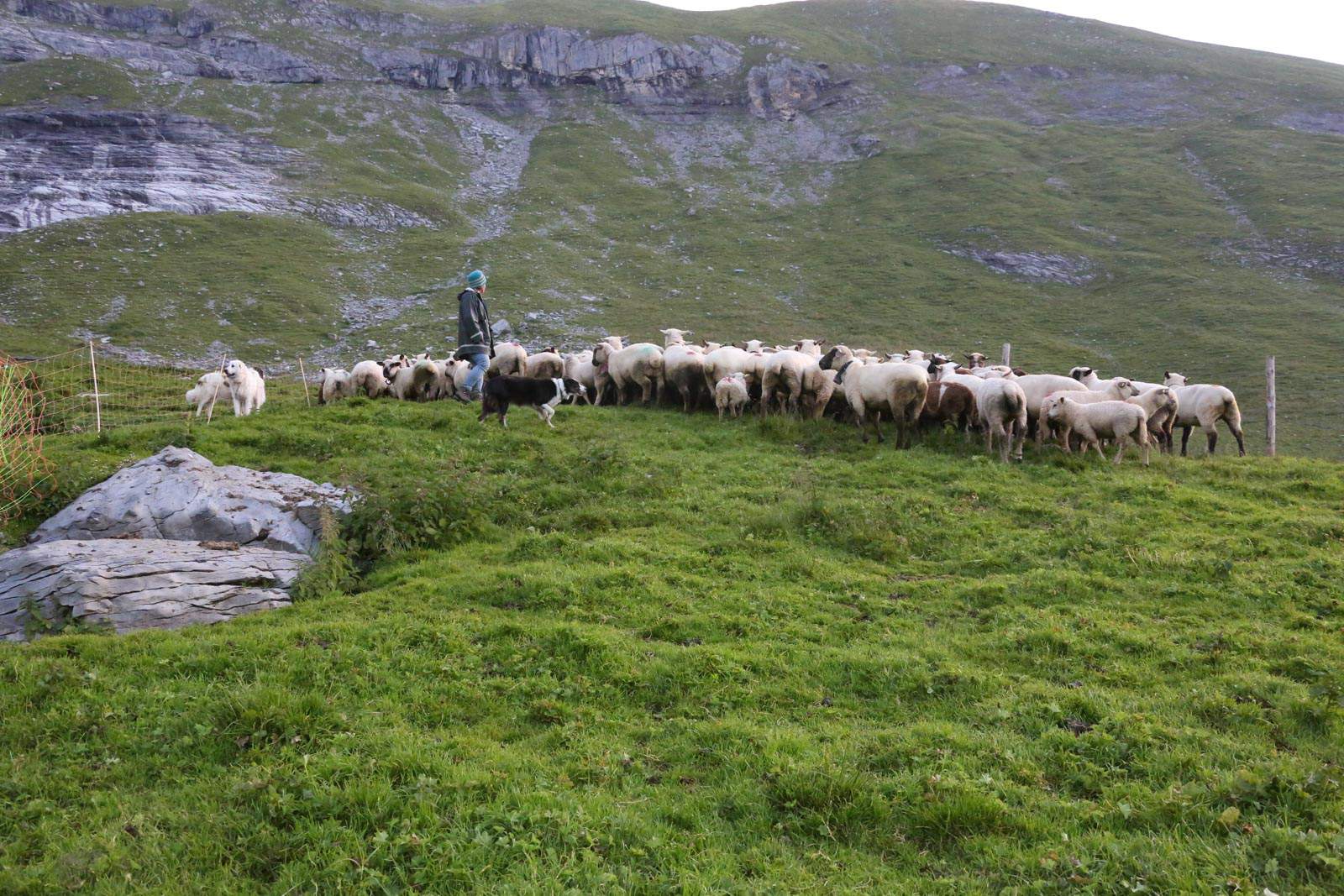
Wolf dilemma on high Alpine pastures in Salzburg
Environmental organisations saw this case as confirming the wolf’s high protection status. Furthermore, they argued against the need for the shooting of the wolf, a key part of the ecosystem. Instead, they have promoted livestock protection as a viable alternative. In other countries, such as Switzerland, livestock protection has been implemented. Results there have been positive, showing that harmonious coexistence between large carnivores and livestock is possible.
The state of Salzburg subsidises livestock protection to the tune of 80%. Moreover, there has also been a large uptake in this. However, many politicians have continued to argue for a lowering of the wolf’s protection status and often even for a wolf-free Alpine zone. This is despite the verdict from the 14th December. Proponents believe that while livestock protection works on the lowlands and flatter areas, it cannot be implemented on the high Alpine mountain pastures. Without an ability to quickly react to wolf predation, they argue that traditional methods of herding and land-use will disappear from high Alpine pastures, leading to a subsequent loss of biodiversity. Despite these calls, Austria’s Environment Minister, Leonore Gewessler, has no plans to call for a reduction of the wolf’s protection status at a European level. Also, countries like Switzerland and Italy, which face similar topographic challenges, show that livestock protection works.

Opportunity for LIFEstockProtect
Across Europe, shepherds and farmers have employed livestock protection for a while now. This process involves the use of appropriate fences and livestock guarding dogs in protecting livestock. In the German-speaking Alpine region, which Salzburg is part of, LIFEstockProtect, led by agricultural organisations and managed by the European Wilderness Society, has just begun. This EU co-funded project is supporting farmers in guarding their animals against predation. All in all, it provides the support and resources necessary to realise livestock protection in the high Alpine mountain pastures. Subsequently, the project helps promote traditional methods of land use like shepherding. Above all, this offers an opportunity to create a sustainable environment for peaceful coexistence.


